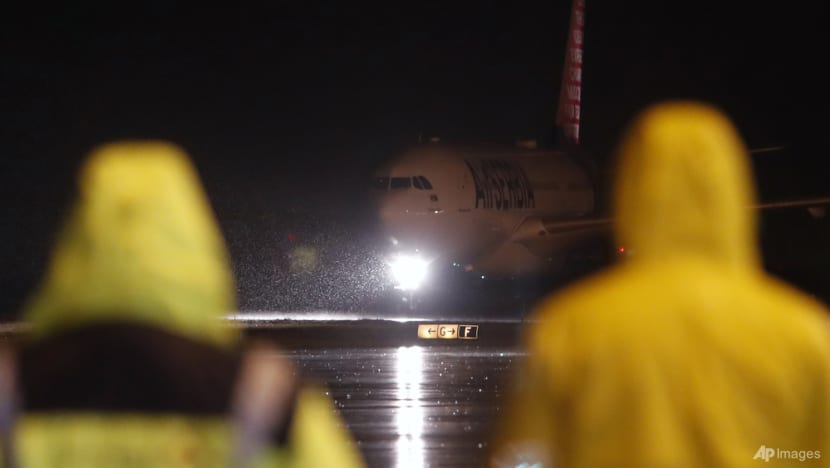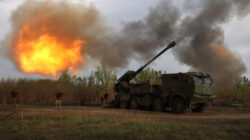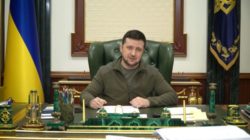BELGRADE, Serbia – Following complaints that the country’s national carrier is violating a European Union-wide ban on flights to Russia and profiteering from the Ukraine conflict, Serbia’s president announced that AirSerbia will return to one trip per day to Moscow.
Since the Russian invasion began more than two weeks ago, AirSerbia has more than increased the number of flights to Moscow and introduced larger planes to enhance the number of seats for what has become its most profitable destination.
Apart from several Turkish carriers, Serbia’s airline is the only European firm that has continued to fly to Russia since the worldwide flight ban was issued following Vladimir Putin’s invasion of Ukraine. Both the EU and Ukraine reacted negatively to this.
“Serbia is Europe’s sole open sky to Russia,” Ukrainian Deputy Foreign Minister Emine Dzheppar tweeted. “Making money from (Ukrainian) blood is unbecoming of a candidate country for the EU.”
Following the “witch hunt” against his nation, Serbia’s populist president, Aleksandar Vucic, stated AirSerbia will return to one trip to Moscow each day.
“Will those who are conducting the investigation against Serbia in connection with the flights to Russia’s capital be happy with that?” Vucic inquired during a television interview yesterday night.
In reference to Turkey, he stated that “no one would touch those in NATO who are partially in Europe and partly in Asia and have 30 times more flights to Moscow than Serbia.”
Vucic did not specify when the flight cut would begin. On Sunday, two AirSerbia planes were scheduled to arrive in Moscow.
Despite formally applying for EU membership, Serbia has refused to impose international penalties on its partner, Russia. Serbia has been repeatedly cautioned by EU authorities that if it wants to join, it must align itself with the bloc’s foreign policy.
Serbia’s dominating state-controlled media is indiscriminately disseminating Moscow’s war propaganda, instilling a strong pro-Putin sentiment among ultranationalists and far-right organisations.
Source: AP





